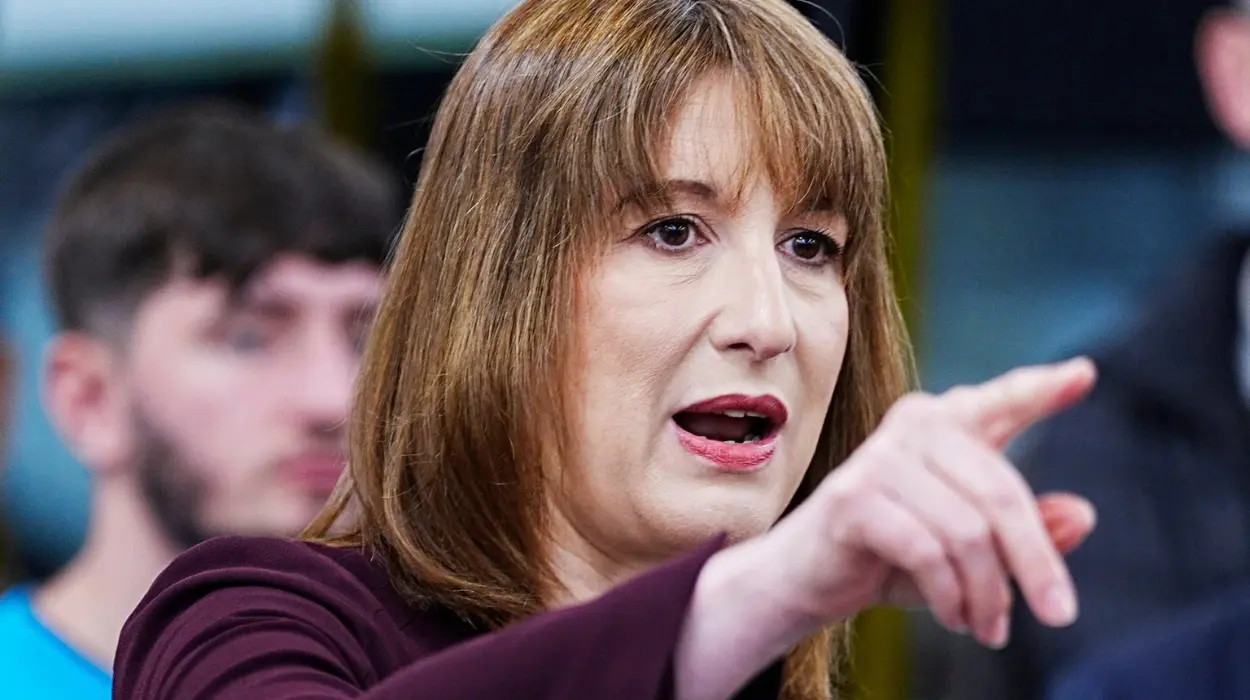UK (Parliament Politics Magazine) – Chancellor Rachel Reeves reviews VAT rules to aid small firms, but internal divisions threaten her growth-focused Budget strategy.
As reported by The Telegraph, Rachel Reeves is weighing a higher VAT threshold, framed as a growth measure to support struggling businesses.
What role will VAT reform play in Reeves’ growth strategy?
The Chancellor is reviewing the VAT system as she plans a £20bn fiscal raid to cover gaps in the nation’s finances.
She may also target homeowners, landlords and workers with tax rises as part of a wider fiscal policy.
Ms Reeves will warn Parliament next week that the economy is “stuck.” Her second Budget will put productivity at its core.
Treasury insiders warn that weaker growth forecasts from Ms Reeves’s watchdog could further strain public finances.
Whitehall sources considered raising the £90,000 VAT limit despite economic worries, describing it as a measure to encourage growth.
The Chancellor is exploring faster reforms to ease planning rules, aiming to boost growth and living standards without burdening taxpayers.
According to the fiscal watchdog, current VAT rules place heavy burdens on companies that “create an incentive for firms to cap their annual turnover just below it.”
What role is Torsten Bell playing in the VAT debate?
The proposed cut is likely to face strong opposition from Pensions Minister Torsten Bell, who is helping shape Ms Reeves’s Budget.
The Resolution Foundation, Mr Bell’s ex-think tank, has urged that the VAT threshold be reduced to £30,000.
According to insiders, Mr Bell has been asserting his influence at the Treasury, adding, “He likes the sound of his own voice.”
Federation of Small Businesses’ views on raising the VAT threshold
The Federation of Small Businesses confirmed it had held talks with ministers on raising the VAT threshold, arguing the move could support growth and boost revenues.
Craig Beaumont of the Federation of Small Businesses called on the Government to use post-Brexit freedoms to support firms.
He said,
“Outside the EU, Britain has a rare advantage – we don’t have to lock ourselves into low VAT thresholds like our European neighbours. That gives us the freedom to set it at a level that actually helps entrepreneurs and growth.”
The federation has repeatedly called for the VAT threshold to be raised to £100,000.
Mr Beaumont added.
“This would let thousands more small businesses keep trading rather than shutting up shop early. It would spare them from the single most painful tax to administer, which swallows up 45 hours – an entire working week – every year.”
Tony Blair Institute’s stance on the VAT threshold
The Tony Blair Institute, the former prime minister’s think tank, has called for the VAT threshold to be effectively scrapped.
Analysts say such a move could worsen inflation pressures already challenging the Bank of England.
How is the VAT threshold holding back small business growth?
Many companies say the VAT threshold acts as a barrier to growth, forcing them to close rather than face higher tax bills. Companies generating under £90,000 a year do not have to register for or charge VAT.
Under current rules, companies exceeding the threshold must charge VAT on all purchases. This leaves firms earning just over £90,000 facing tax demands running into five figures.
According to the Office for Budget Responsibility, former chancellor Jeremy Hunt’s 2024 decision to raise the VAT threshold from £85,000 boosted revenues. The watchdog said the move carried short-term costs but delivered gains by the end of the decade.
One insider said,
“They are desperate for anything that will lift growth.”
Treasury’s views on growing the economy and tax policy
According to a Treasury spokesman, the most effective way to bolster public finances is by growing the economy, which officials say is their priority.
They pointed to planning reforms as a way of boosting growth while maintaining current tax policies.
They said,
“Changes to tax and spend policy are not the only ways of doing this, as seen with our planning reforms, which are expected to grow the economy by £6.8 billion and cut borrowing by £3.4 billion.”
The Treasury spokesman added,
“We are committed to keeping taxes for working people as low as possible, which is why at last autumn’s budget, we protected working people’s payslips and kept our promise not to raise the basic, higher or additional rates of income tax, employee national insurance, or VAT.”
Rachel Reeves’s landlord tax
According to reports, Treasury officials may introduce national insurance on rental income from landlords before the autumn budget.
The government is seeking to raise £2bn through higher property taxes as Ms Reeves looks for ways to plug funding gaps.
Tom Bill’s views on landlord taxes
Tom Bill, head of UK residential research at real estate consultancy Knight Frank, said,
“Targeting landlords won’t lose the government many votes, but such moves invariably end up hurting tenants.”
He added,
“With landlords already selling up ahead of the Renters’ Rights Bill and tougher green regulations, another disincentive would reduce supply further and put upwards pressure on rents. Those that stay may pass on the extra costs in other ways.”


